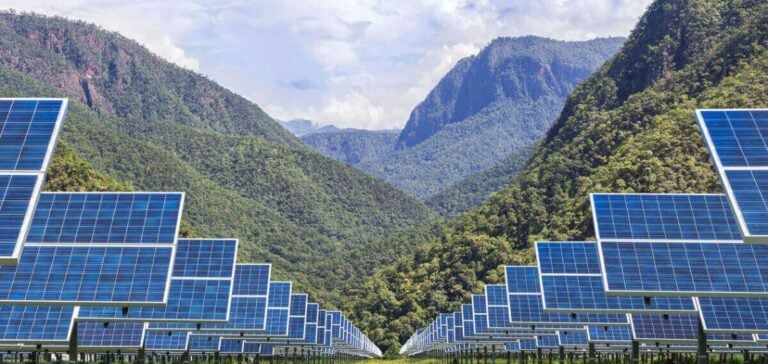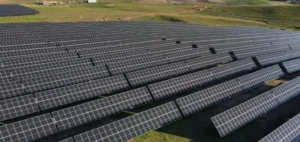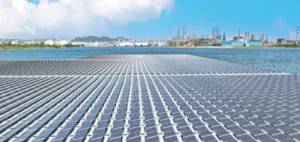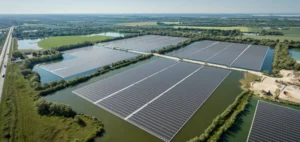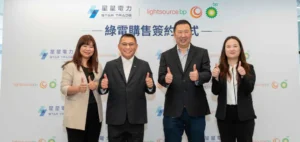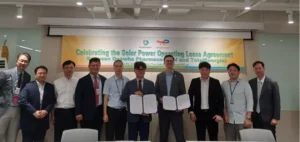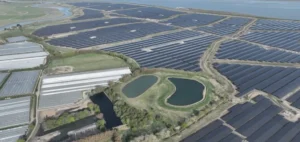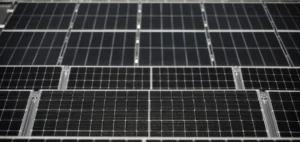The framework agreement between PPC Group and MYTILINEOS, involving the development and construction of 90 solar projects, marks a significant expansion by both companies in the renewable energies sector in Southern and Southeastern Europe. These projects, once connected to the national power grids, will be acquired by PPC Group.
Solar project development
The projects, spread across Italy, Romania, Bulgaria and Croatia, include solar installations totalling 503 MW in Italy, 516 MW in Romania, 500 MW in Bulgaria, and 445 MW in Croatia. MYTILINEOS will be responsible for the development and construction of these facilities.
Energy and environmental impact
These projects are expected to power around 320,000 homes and reduce CO2 emissions by 3.4 million tonnes. This represents a major step forward in the region’s energy transition, in line with the European Union’s climate objectives.
Business strategy and expansion
For PPC Group, this agreement is part of a broader strategy of growth in the renewable energies sector in South-East Europe. For MYTILINEOS, this is part of an international expansion, including recent projects in Canada, affirming its global presence in the renewable energies sector.
Commitment and future prospects
The CEOs of both companies express their satisfaction with this agreement, which strengthens their presence in Europe. They look forward to further successes and emphasize the importance of working together to achieve new goals.
The agreement between PPC Group and MYTILINEOS illustrates the growing momentum of Greek entrepreneurship in the global renewable energy sector, underlining the importance of international collaboration to achieve energy security and decarbonization goals.

